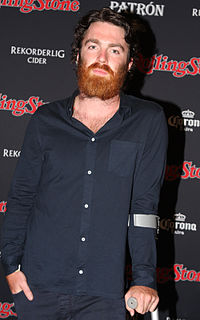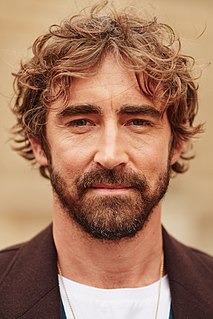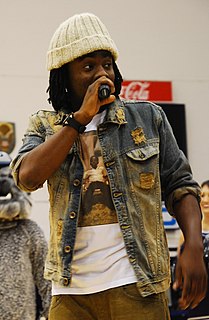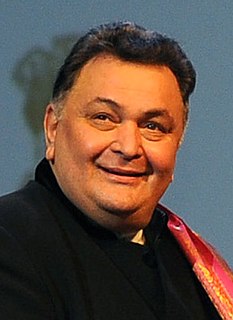A Quote by Chet Faker
Sometimes I have to deal with trolls, and I just block them. But most of the time, Twitter's heaps of fun, actually.
Related Quotes
Most of the time, the songs have jokes in them, little sarcastic things, or purposely kitsch or something. So that's going along with a story, like I do in life, just talking to myself and making fun of stuff and laughing at stuff that's serious. And sometimes it's a good idea to put the laughing into the songs. Sometimes it's not. Sometimes it's all right just to be serious. But most of the songs have some kind of joke in them.
So this is why I can't agree with "don't feed the trolls." When millionaire celebrity broadcasters and entire publications start trolling, ignoring them isn't really an option anymore. They are gradually making trolling normative. We have to start feeding the trolls: feeding them with achingly polite emails and comments, reminding them of how billions of people prefer to communicate with each other, every day, in the most unregulated arena of all: courteously.
I love thinking about things subtextually and I actually - like for instance when I write, I actually, I'm not very analytical about it. I don't ever deal with the subtext because I just know it's there so I don't have to deal with it. I just keep it about the scenario. I keep it on the surface, on my concerns. And one of the fun things is is when I'm done with everything, like now, for instance.




































